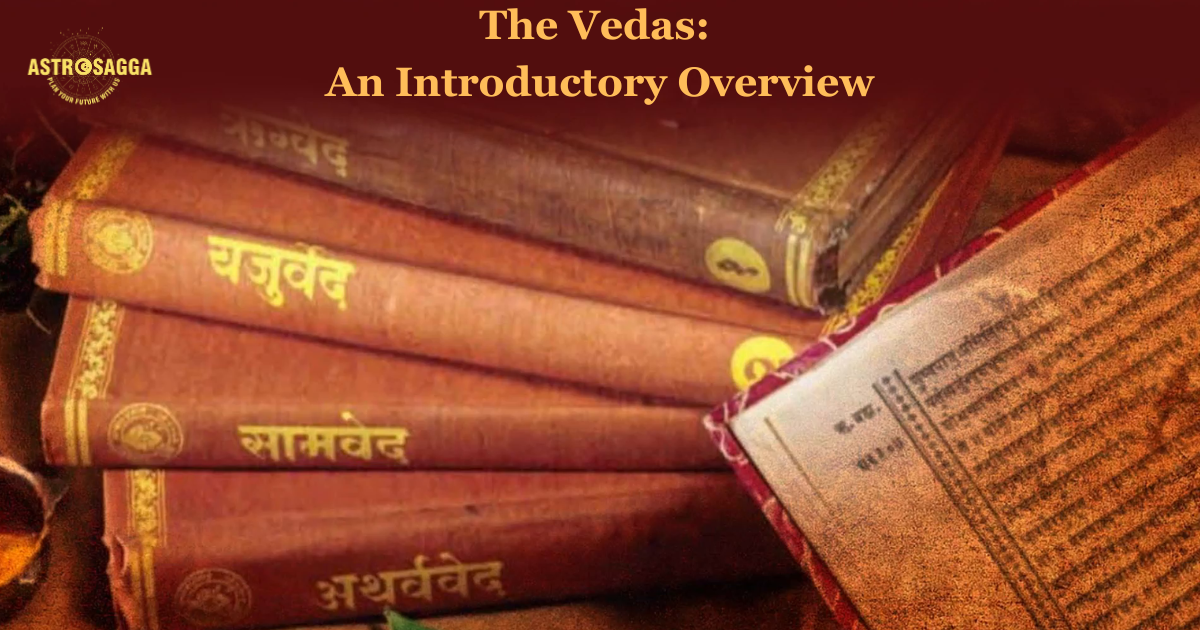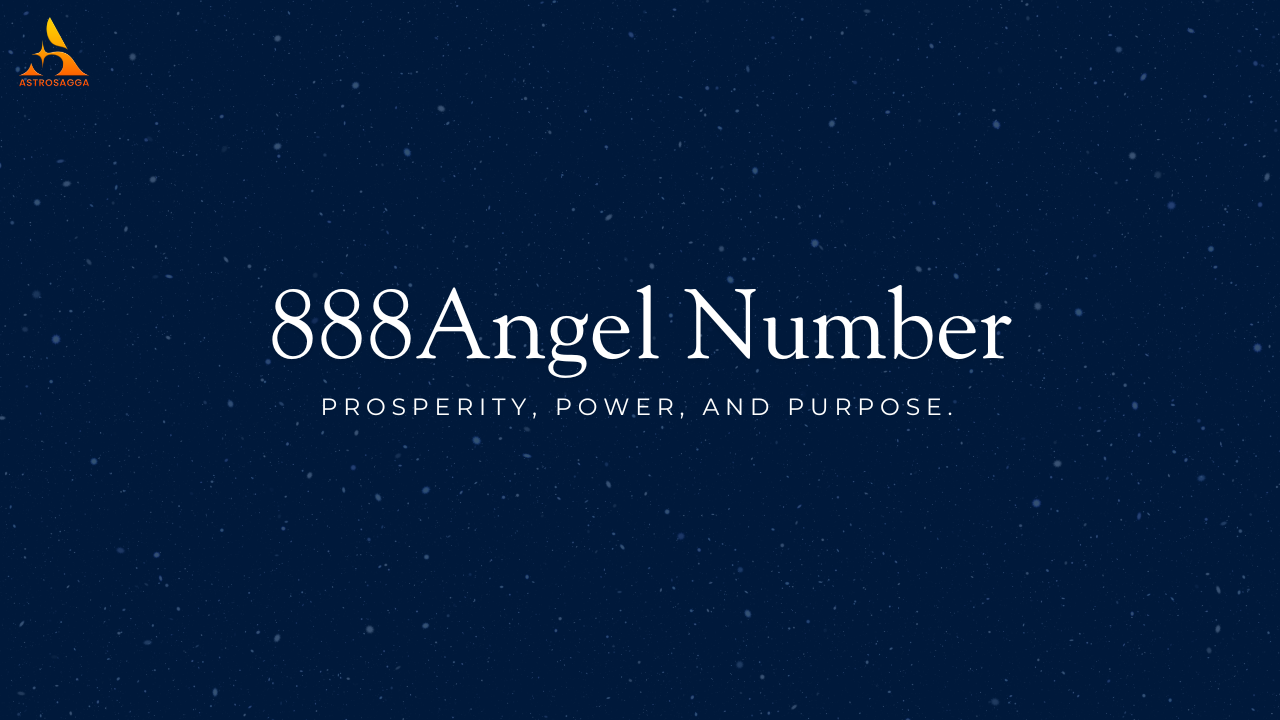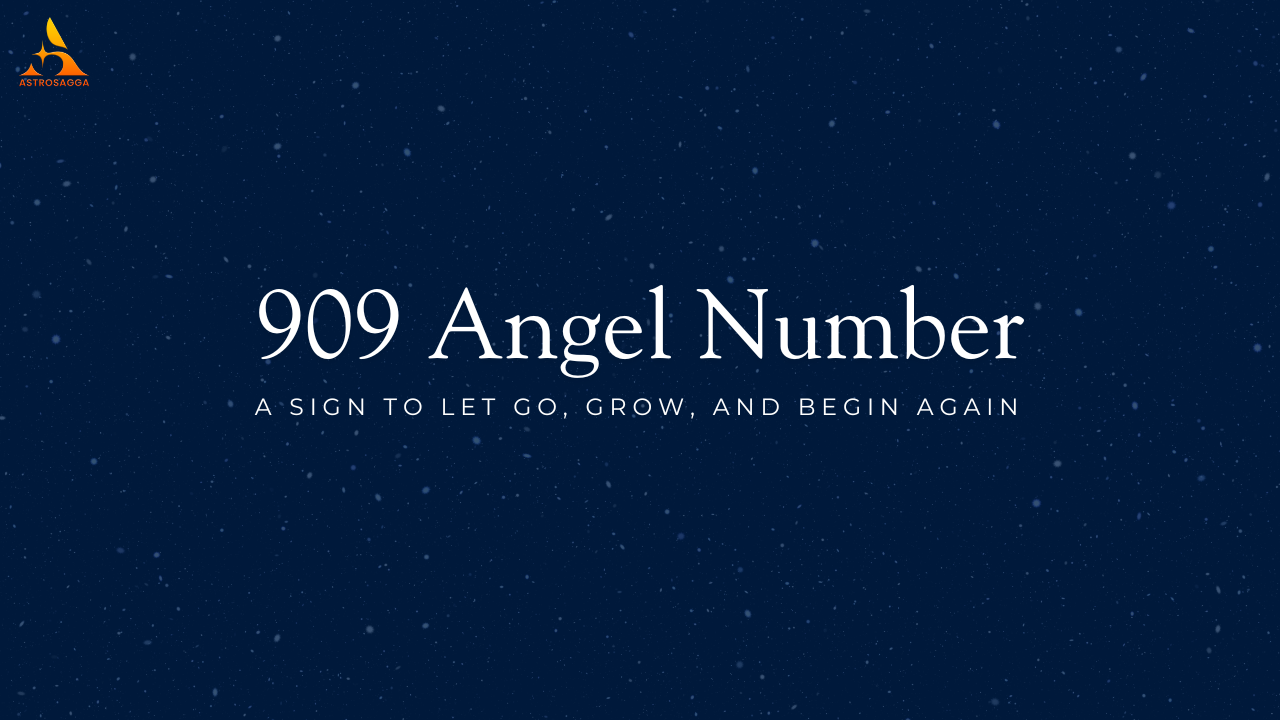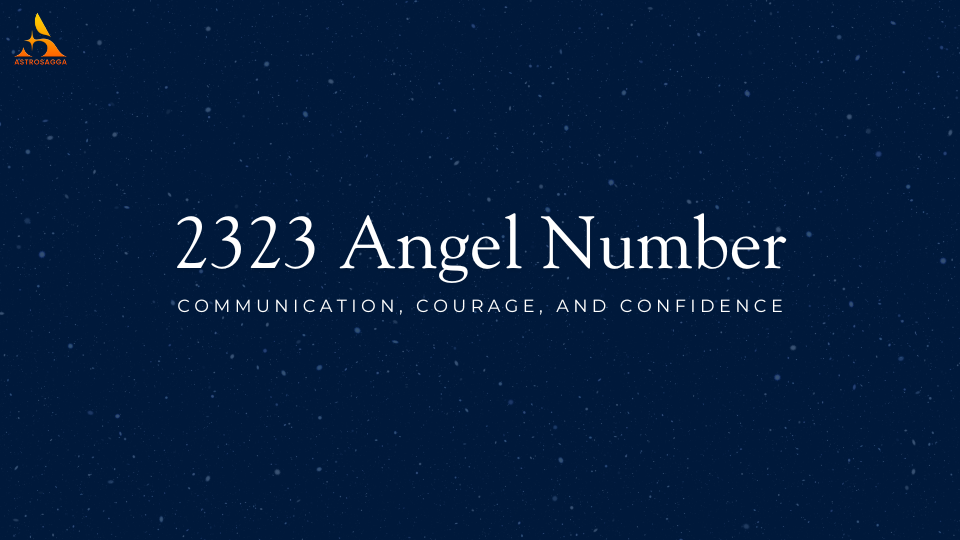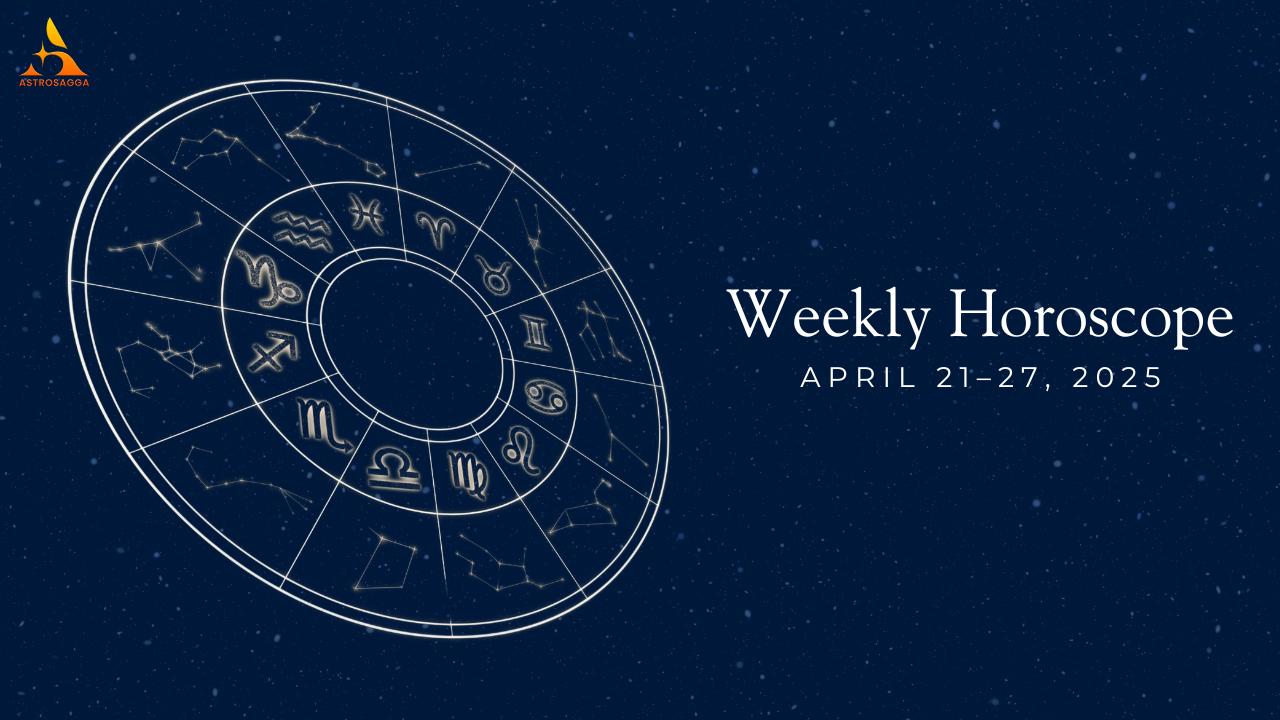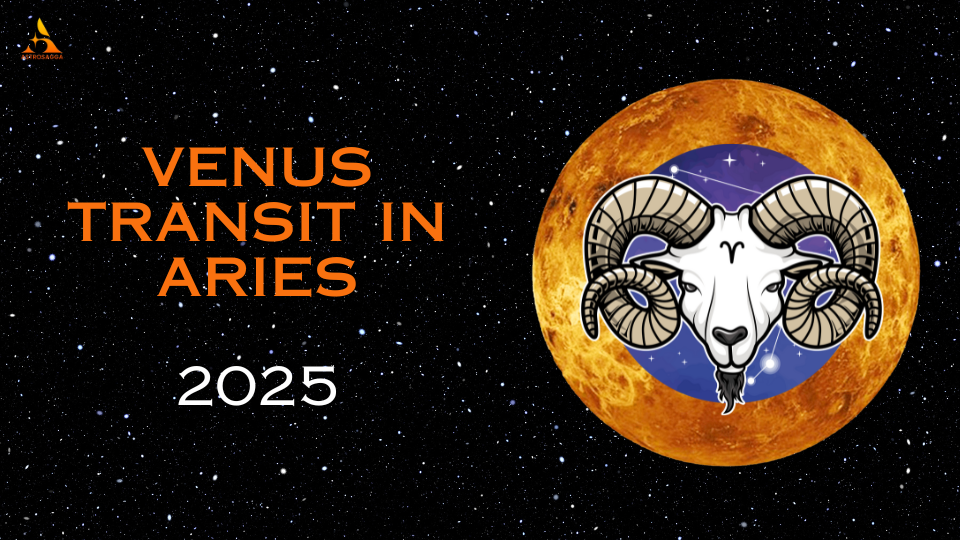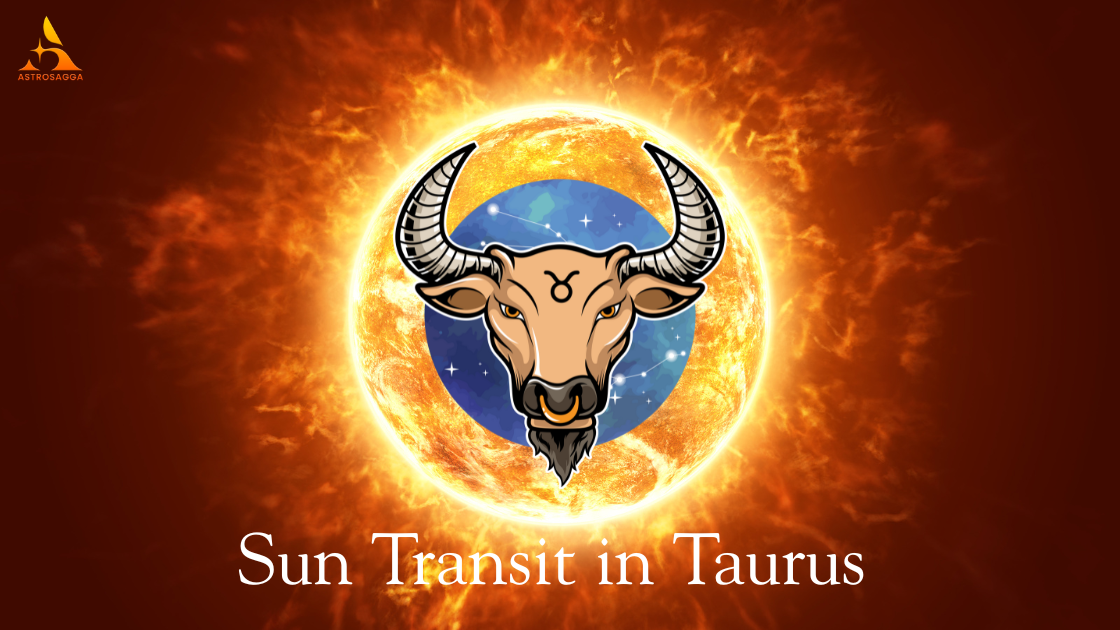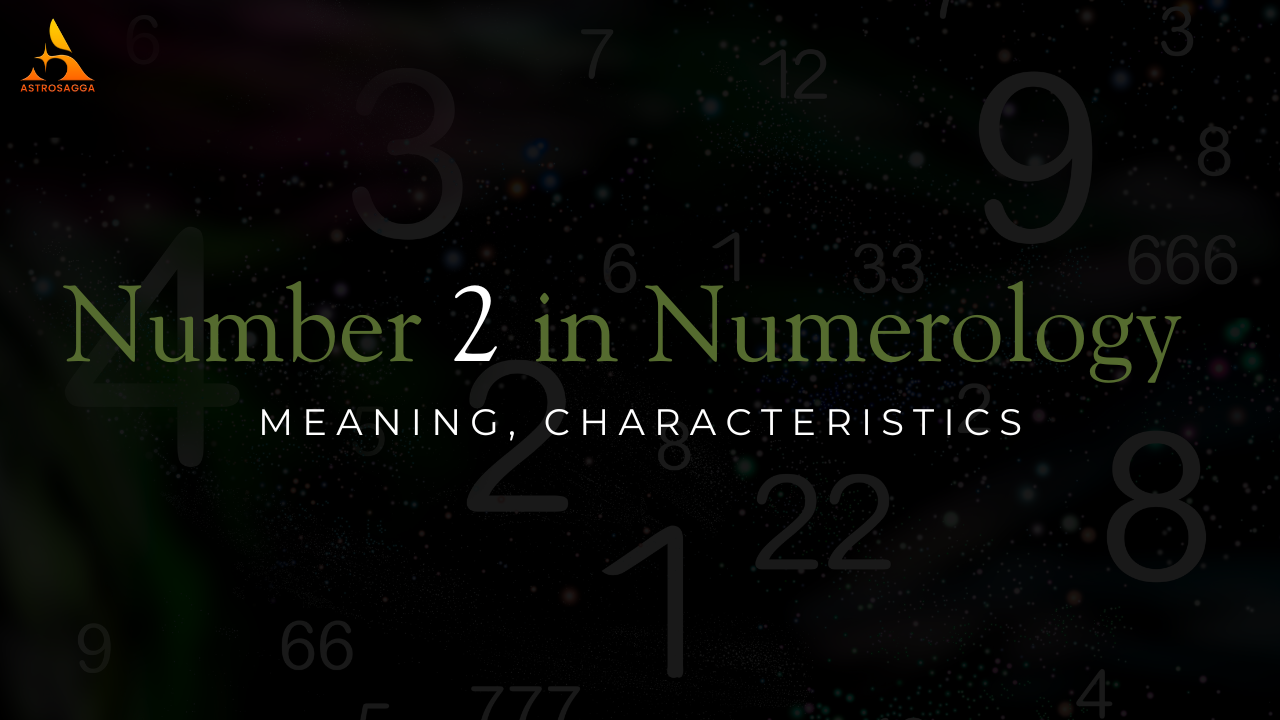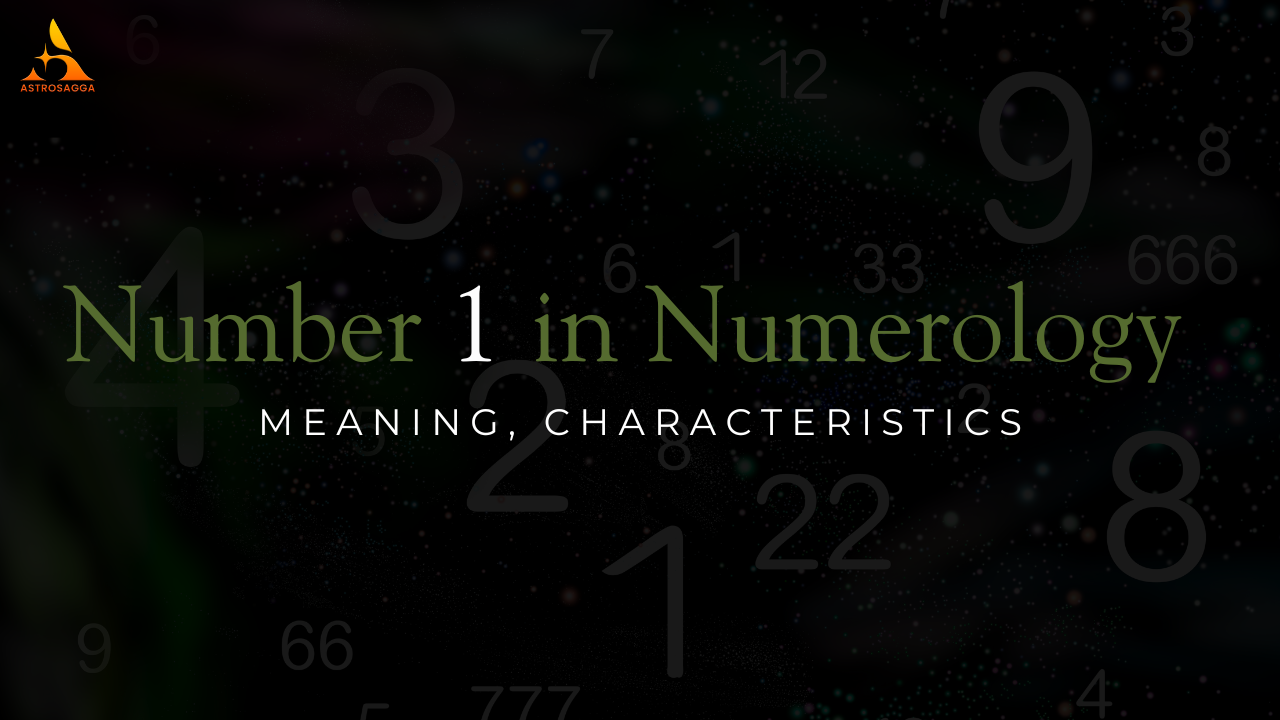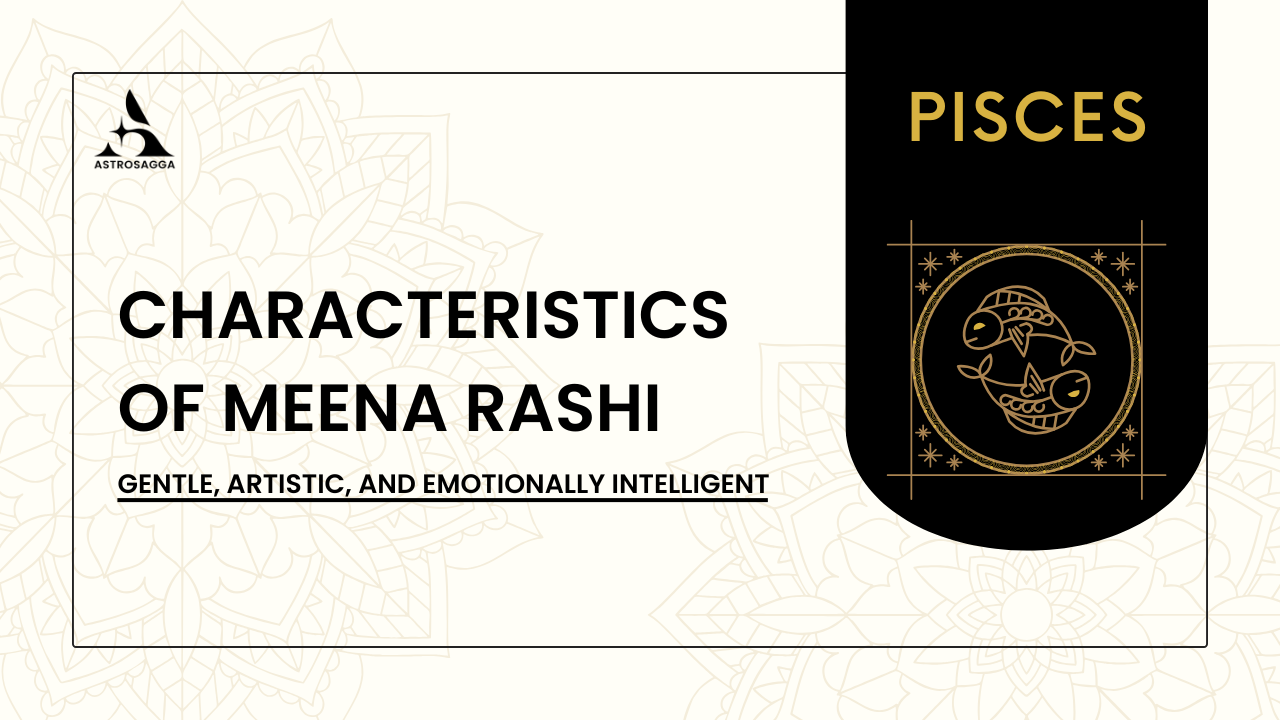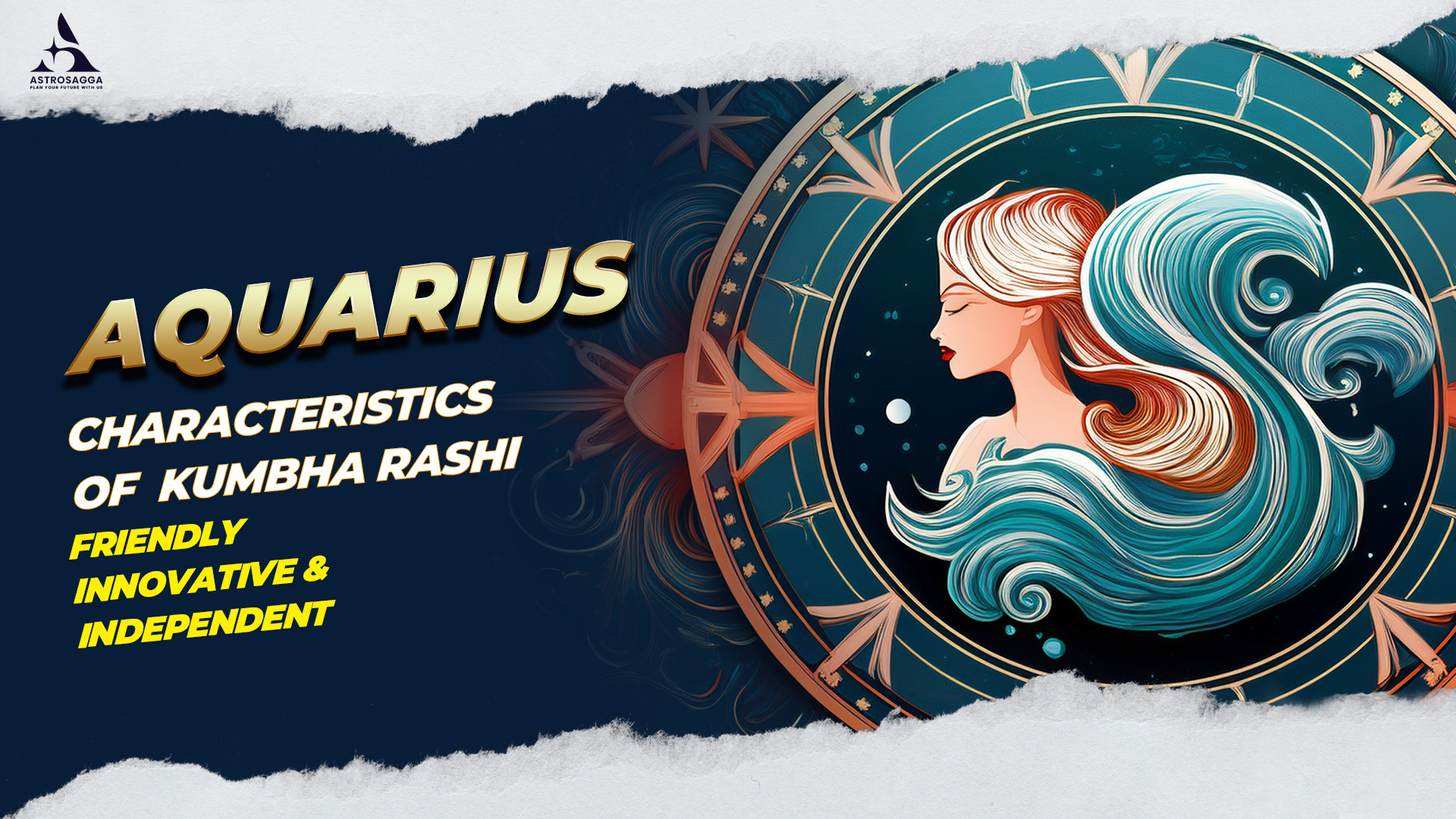The Vedas are ancient texts that hold a sacred place in Hinduism, providing foundational knowledge about the religion's beliefs, rituals, and philosophy. They are considered the oldest scriptures in Hinduism and are highly revered for their spiritual and philosophical insights.
What are the Vedas?
Rigveda:
The Rigveda is the oldest of the Vedas and is considered one of the oldest texts in any Indo-European language. It is believed to have been composed around 1500–1200 BCE, though some parts may be even older.
Comprised of 1,028 hymns (suktas) divided into ten books (mandalas), the Rigveda primarily focuses on praising various deities such as Agni (the fire god), Indra (the king of gods and god of thunder), Varuna (the god of water and the sky), Surya (the sun god), and many others.
The hymns are written in a poetic and highly structured form, often utilizing intricate meters and rhythms. They cover a wide range of topics including cosmology, nature, morality, and rituals.
Samaveda:
The Samaveda is derived from the Rigveda and is primarily associated with musical chants and melodies used during religious ceremonies and rituals.
Unlike the Rigveda, which consists mainly of hymns in verse form, the Samaveda contains melodies (saman) and chants (stotra) that were sung by priests (udgātṛ) during sacrifices, especially the Soma sacrifice.
It is divided into two main sections: the Purva-Archika (the first section) and the Uttara-Archika (the second section), each containing melodies and chants for specific rituals.
Yajurveda:
The Yajurveda is primarily concerned with the performance of rituals and sacrifices (yajnas). It provides the prose mantras and verses used by priests (adhvaryu) during these rituals.
There are two main branches of the Yajurveda: the Shukla Yajurveda (White Yajurveda) and the Krishna Yajurveda (Black Yajurveda). The Shukla Yajurveda contains the mantras in their entirety, while the Krishna Yajurveda intersperses the mantras with explanations and instructions.
The Yajurveda is further divided into two main recensions: the Taittiriya Samhita and the Vajasaneyi Samhita, each with its own rituals and practices.
Atharvaveda:
The Atharvaveda is distinct from the other Vedas in that it deals more with practical aspects of life such as healing, protection, and prosperity, rather than ritualistic or philosophical matters.
It contains hymns, spells (mantras), and charms (suksuktas) attributed to various sages and seers. These were used for a variety of purposes including healing illnesses, warding off evil spirits, ensuring success in endeavors, and bringing prosperity.
The Atharvaveda also addresses philosophical and ethical issues, though to a lesser extent compared to the other Vedas.
Together, these Four Vedas form the foundation of Hindu religious and spiritual thought, providing guidance on rituals, philosophy, morality, and the understanding of the universe. They are considered sacred texts and are revered by Hindus worldwide.
Historical Significance
The Vedas hold immense historical significance as they provide valuable insights into the social, cultural, and religious practices of ancient India. They offer a glimpse into the beliefs and rituals of the Vedic civilization, which laid the foundation for Hinduism as we know it today.
Structure and Content of the Vedas
The Vedas are structured into four main sections:
Samhitas
The Samhitas are the core verses of the Vedas, consisting of hymns, prayers, and chants dedicated to different deities. They form the foundation of Vedic literature and are considered the most sacred and authoritative texts in Hinduism.
Brahmanas
The Brahmanas are prose texts that provide explanations and instructions for the rituals mentioned in the Samhitas. They offer insights into the symbolic meanings and philosophical significance of the rituals, guiding priests in their performance.
Aranyakas
The Aranyakas, also known as "forest texts," focus on philosophical interpretations and symbolic meanings of the rituals mentioned in the Vedas. They were traditionally studied by hermits and forest-dwelling ascetics who sought spiritual knowledge and enlightenment.
Upanishads
The Upanishads are philosophical treatises that delve into profound metaphysical concepts such as the nature of reality, the self (atman), and the ultimate truth (Brahman). They represent the culmination of Vedic thought and are regarded as the essence of Hindu philosophy.
Importance of the Vedas in Hinduism
The Vedas are considered the ultimate source of knowledge and spiritual wisdom in Hinduism. They are revered as the divine revelations received by ancient sages and are regarded as eternal truths that transcend time and space.
Role of the Vedas in Society
The Vedas played a crucial role in shaping the social, cultural, and religious practices of ancient Indian society. They provided guidelines for proper conduct, ethical behavior, and social order, influencing various aspects of life, including marriage, governance, and education.
Impact on Indian Culture and Civilization
The teachings of the Vedas have left a profound impact on Indian culture, shaping its religious beliefs, artistic expressions, and intellectual traditions. They have inspired countless works of literature, poetry, and philosophy, contributing to the rich tapestry of Indian civilization.
Preservation and Transmission
Despite the oral tradition initially, the Vedas have been meticulously preserved and transmitted through generations by dedicated priests and scholars. Special emphasis has been placed on accurate recitation and memorization to ensure the preservation of the sacred texts.
Challenges and Controversies
The interpretation and preservation of the Vedas have faced challenges over the centuries, leading to debates and controversies regarding their authenticity and relevance in the modern world. Various schools of thought have emerged, each offering different interpretations and perspectives on the Vedas.
Modern Relevance
Despite being ancient texts, the Vedas continue to inspire spiritual seekers and scholars worldwide, offering profound insights into the human condition and the nature of existence. They provide valuable guidance on how to live a meaningful and fulfilling life in today's fast-paced world.
Conclusion
In conclusion, the Four Vedas stand as pillars of Hindu philosophy and spirituality, offering timeless wisdom and insights into the human condition. Their profound teachings continue to resonate with seekers of truth, making them indispensable scriptures in the Hindu tradition.
Unique FAQs
Are the Vedas still relevant in today's world?
Yes, the Vedas offer timeless wisdom and philosophical insights that remain relevant in navigating the complexities of modern life.
How were the Vedas originally transmitted?
The Vedas were orally transmitted from teacher to disciple through a rigorous process of memorization and recitation, ensuring the preservation of the sacred texts over generations.
Are there different interpretations of the Vedas?
Yes, the Vedas have been subject to various interpretations and commentaries by scholars and religious leaders over the centuries, leading to diverse schools of thought within Hinduism.
What is the significance of chanting Vedic mantras?
Chanting Vedic mantras is believed to have transformative effects on the individual, purifying the mind and invoking spiritual blessings according to Hindu tradition.
AstroSagga, the leading online destination for astrology predictions, offers the wisdom of Vedic astrologers, tarot readers, and numerologists. Enhance your understanding through diverse astrology courses and consultations.


